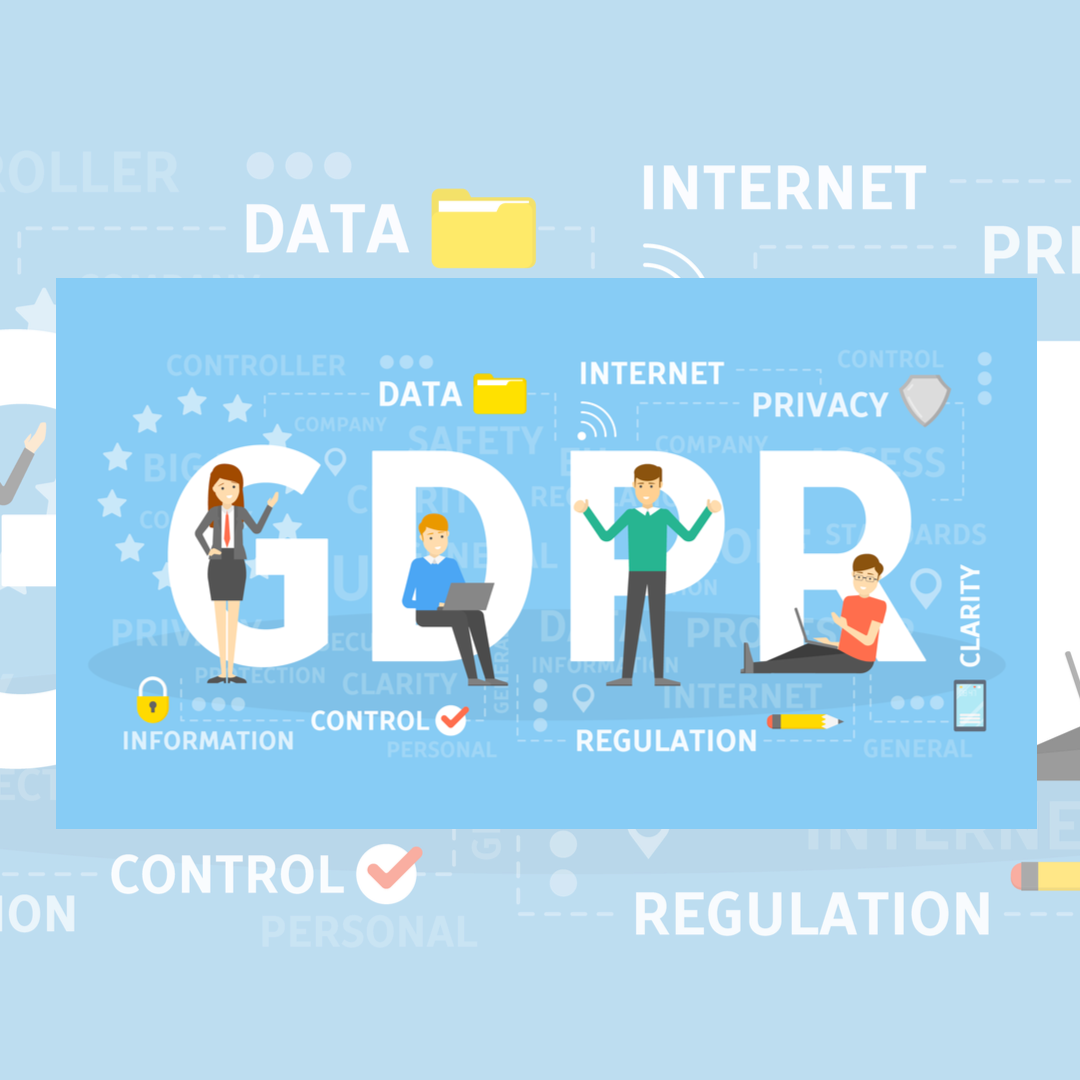The Federal Trade Commission (FTC) recently released an “Enforcement Policy Statement Regarding Negative Option Marketing”. Negative option marketing refers to situations where consumers are tricked or trapped into subscription services. They are an example of an illegal dark pattern.
We previously defined dark patterns, explained California’s laws about dark patterns, and discussed why businesses should avoid them in an earlier newsletter. You can find that content here.
The FTC’s Warning about Enforcement for Dark Patterns
The FTC’s enforcement policy statement notes that the volume of complaints indicates that there is “prevalent, unabated consumer harm in the marketplace” stemming from common current subscription practices. It goes on to highlight the terms that businesses should be (clearly) disclosing to consumers who will be billed in the future without any further positive actions required. They are:
- That consumers will be charged for the good or service, or that those charges will increase after any applicable trial period ends;
- That the charges will be on a recurring basis (if applicable), unless the consumer timely takes steps to prevent or stop such charges;
- Each deadline (by date or frequency) by which the consumer must act in order to stop the charges;
- The amount or range of costs the consumer will be charged or billed and, if applicable, the frequency of such charges a consumer will incur unless the consumer takes timely steps to prevent or stop those charges;
- The date (or dates) each charge will be submitted for payment; and
- Information about how to cancel the contract.
Examples of Dark Patterns Related to Subscription Services
Some examples of subscription practices that may be considered dark patterns include:
- Automatic subscription renewals, where details regarding the automated payments were not made clear (in line with federal requirements).
- Requiring consumers to wait on hold or listen to lengthy ads before they could cancel a subscription.
- Requiring consumers to cancel the subscription using a different method other than that used to sign up (for example, requiring a person who subscribed via a telephone call to create an online account to cancel their subscription or requiring consumers to visit a business in-person when they subscribed electronically).
- Hiding information about payment, or making that information difficult to access.
- Not providing details about the rate of payment, or obscuring the fact that there will be payments required at all.
Practices to Avoid Enforcement for Subscription-Related Dark Patterns
Existing regulations and judicial decisions require the following of marketers before implementing a subscription payment:
- Make the terms of payment very clear and very visible at the time of acceptance.
- Require the consumer to confirm their acceptance of the terms of payment in a separate action to other terms of the transaction.
- Do not include any information that ‘muddies the waters’ for consumers, making it more difficult for them to understand the subscription payments.
- Obtain and record the consumer’s unambiguous consent.
- Make it at least as easy for consumers to cancel their subscription as it is to subscribe initially.
You can find more detail about the requirements in the FTC’s Enforcement Policy Statement here.
Best Practices for Subscription-Related Payments
The below are best practices for subscription-related payments. You might consider implementing these in addition to the required actions above:
- Send routine emails asking the consumer to recommit to the subscription payment. Essentially, ask your customers if they still want to subscribe. This can garner goodwill and improve trust with your subscribers.
- Send automated emails reminding your subscribers of upcoming subscription payments and include a link that allows them to cancel.
- Provide several easy-to-access and easy-to-find options for your consumers to cancel their subscription payments.
If you want to reduce your risk of enforcement resulting from dark patterns, reach out. Our experienced privacy attorneys would be thrilled to help.
Disclaimer
The materials available at this website are for informational purposes only and not for the purpose of providing legal advice. You should contact your attorney to obtain advice with respect to any particular issue or problem. Use of and access to this website or any of the e-mail links contained within the site do not create an attorney-client relationship between CGL and the user or browser. The opinions expressed at or through this site are the opinions of the individual author and may not reflect the opinions of the firm or any individual attorney.


